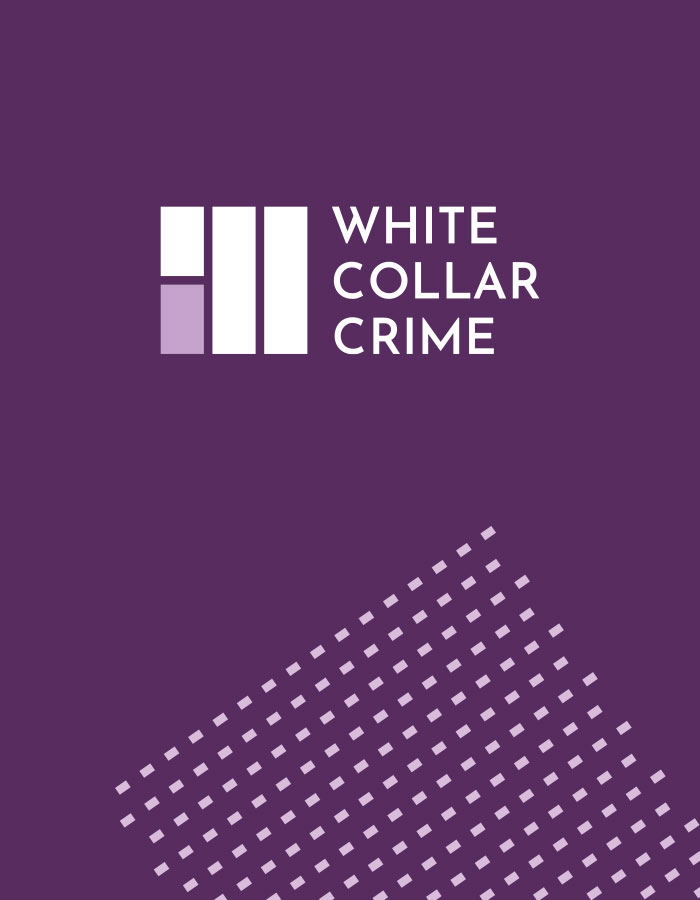Speed read: In this piece Jonathan Fisher QC shares some ideas on legal privilege and the future of self-reporting post Serious Fraud Office v Eurasian Natural Resources Corporation Ltd [2018] EWCA Civ 2006 (‘SFO v ENRC’). The key point is that both the corporate and the SFO must establish terms of engagement as a matter of priority at the outset of any investigation.
Reporting a suspicion
Where a corporate suspects wrongdoing (typically bribery), two issues arise for immediate consideration.
The first is whether to make a suspicious activity report (‘SAR’) to the National Crime Agency. Of course, for financial institutions this will be obligatory. However, in circumstances where disclosure would be voluntary, it may still be advantageous to proactively disclose before the auditors do. Given the low threshold for suspicion, making such a disclosure does not, without more, constitute an admission of criminal liability.
Second, the corporate must decide whether to self-report to the Serious Fraud Office (‘SFO’). Doing so may be taken into consideration by the SFO as a public interest factor tending against prosecution, but only where it is part of a ‘genuinely proactive approach adopted by the corporate management team when the offending is brought to their notice’ (per the Guidance on Corporate Prosecutions).
In both cases, the corporate should stress that the company’s lawyers are completing a full investigation.
Establishing the ground rules
The next question is the status of any information generated during the internal investigation. It is one thing to report a low-level suspicion, but another to hand over internal documents on a platter.
In SFO v ENRC, the SFO sought to compel production of documents generated by ENRC’s internal investigation into alleged corruption and financial wrongdoing. These included notes of employee interviews conducted by ENRC’s lawyers. Crucially, the Court held that those notes were protected by litigation privilege
“the whole sub-text of the relationship between ENRC and the SFO was the possibility, if not the likelihood, of prosecution if the self-reporting process did not result in a civil settlement”,
such that criminal proceedings were reasonably in contemplation. The fact that there was much water to flow under the bridge – the instigation of a criminal investigation, the issue of search warrants, the review of evidential sufficiency for prosecution and the application of the public interest test, was none to the point.
The key learning point is that both the corporate and the SFO must establish terms of engagement as a matter of priority at the outset of any investigation. A specific arrangement should be established in each case, identifying the SFO’s expectations regarding the level of investigation, how it should be conducted, by whom, how regularly and in what form the SFO should be updated, what material will be disclosed, to what material legal privilege will attach, how any dispute over legal privilege will be resolved, and the range of outcomes once the investigation has been concluded. If the parties fail to sort out these seemingly ‘micro’ points, litigation is likely to ensue further down the line. The SFO failed in the Court of Appeal ultimately because the terms on which it was engaging had not been clear.
Asserting privilege
Finally, it is also prudent to assert privilege on as many grounds as possible. Although legal advice privilege was not engaged on the facts of SFO v ENRC, the Court did set the mood music for future reform — holding that
“If, therefore, it had been open to us to depart from Three Rivers (No.5), we would have been in favour of doing so. For the reasons we have given, however, we do not think that it is open to us, so it is a matter that will have to be considered again by the Supreme Court in this or an appropriate future case.”
The future of self-reporting
One possible consequence of the SFO v ENRC decision may be for the SFO to de-prioritise self-reporting. It may be slow to accept a corporate’s conclusions at face value, without the ability to review the underlying materials generated as part of an internal investigation. A corporate could always consider a partial waiver of privilege, but this may not suffice.
If this happens, the SFO might initiate more criminal investigations in order to obtain access to underlying material at an early stage. That would be an unfortunate consequence for the corporate world. Moreover, the reduced chance of a civil settlement could disincentivize corporates from self-reporting in the first place.
In the alternative, a smart, focused response for the SFO would be for it to recalibrate its guidance to make it clear that, if certain conditions are satisfied, criminal prosecution will not ensue. For example, HM Revenue & Custom’s Code of Practice 9 in suspected serious tax fraud cases gives the taxpayer the opportunity to “make a complete and accurate disclosure of all their deliberate and non-deliberate conduct that has to led to irregularities in their tax affairs” but also provides that “[w]here HMRC suspects that the recipient has failed to make a full disclosure of all irregularities, the Commissioners reserve the right to start a criminal investigation with a view to prosecution.”
The stronger the indication of no prosecution by the SFO, the weaker the corporate’s case for engaging litigation privilege, and the stronger its incentive to come forward. This is not to suggest that the SFO should fetter its discretion, but rather that it should be clearer about the terms on which it is prepared to do business.
The contents of this bulletin are based on a breakfast briefing given by Mr. Fisher at the Walbrook Club in the City of London on 23 January 2019.








